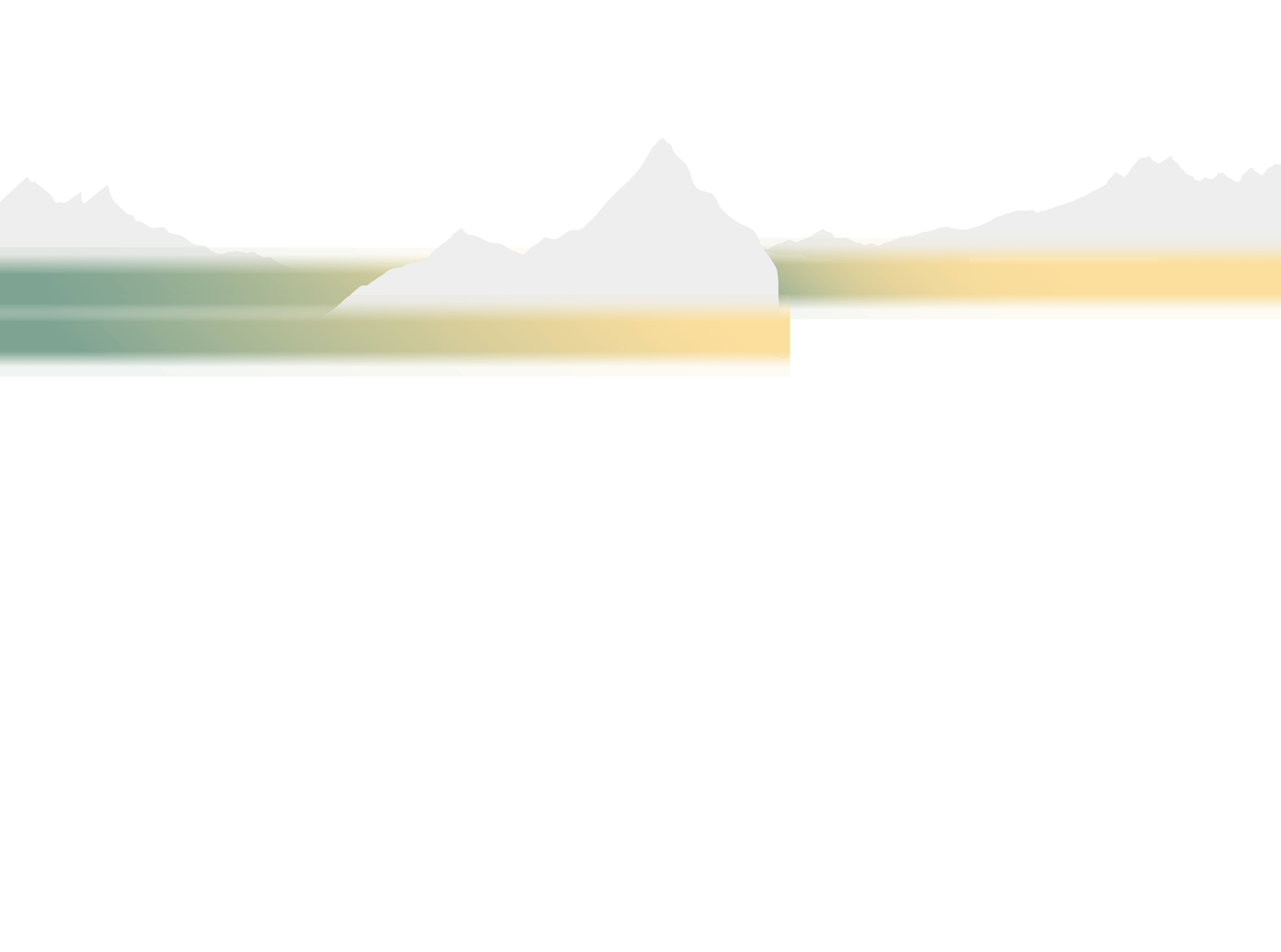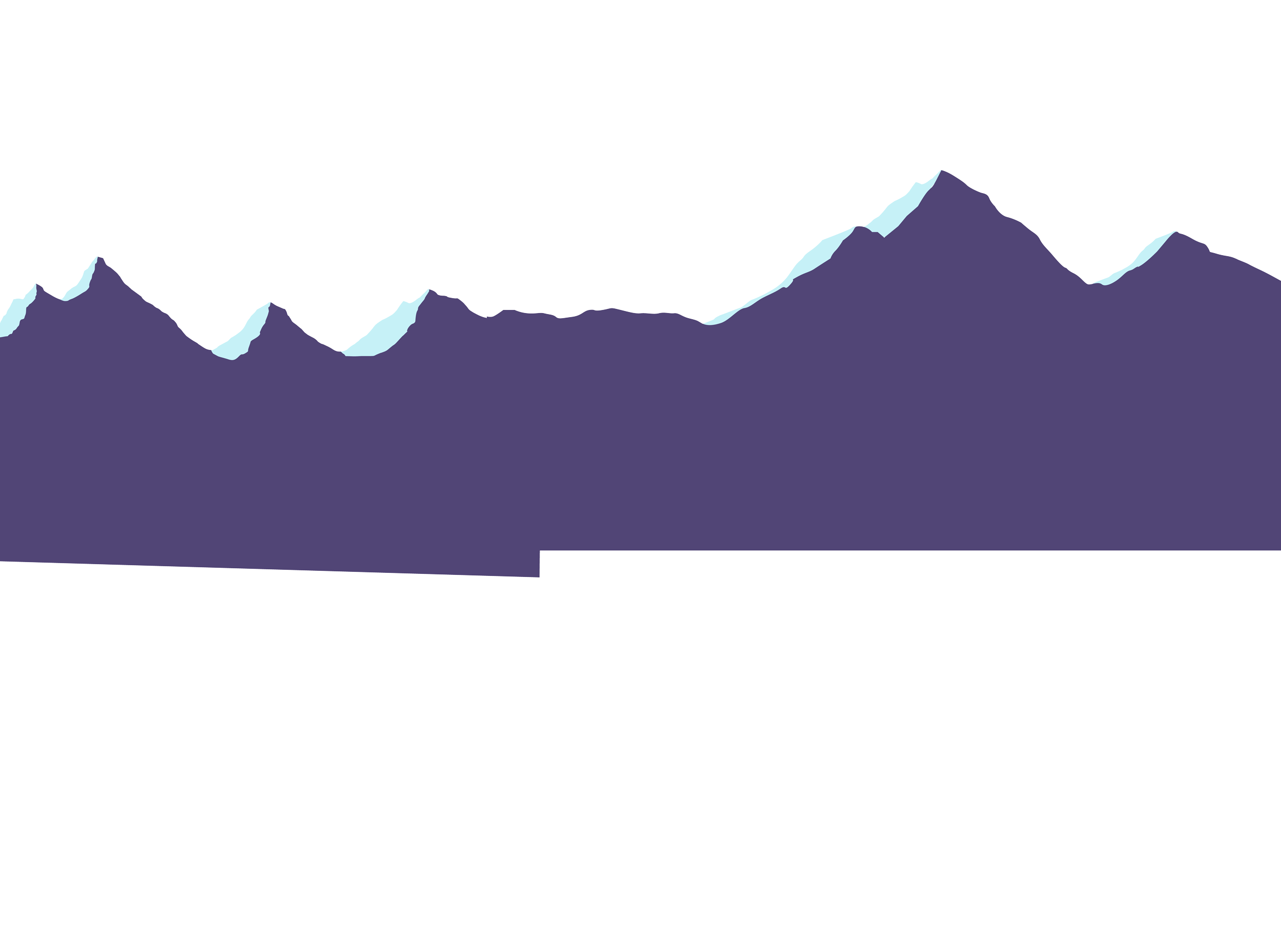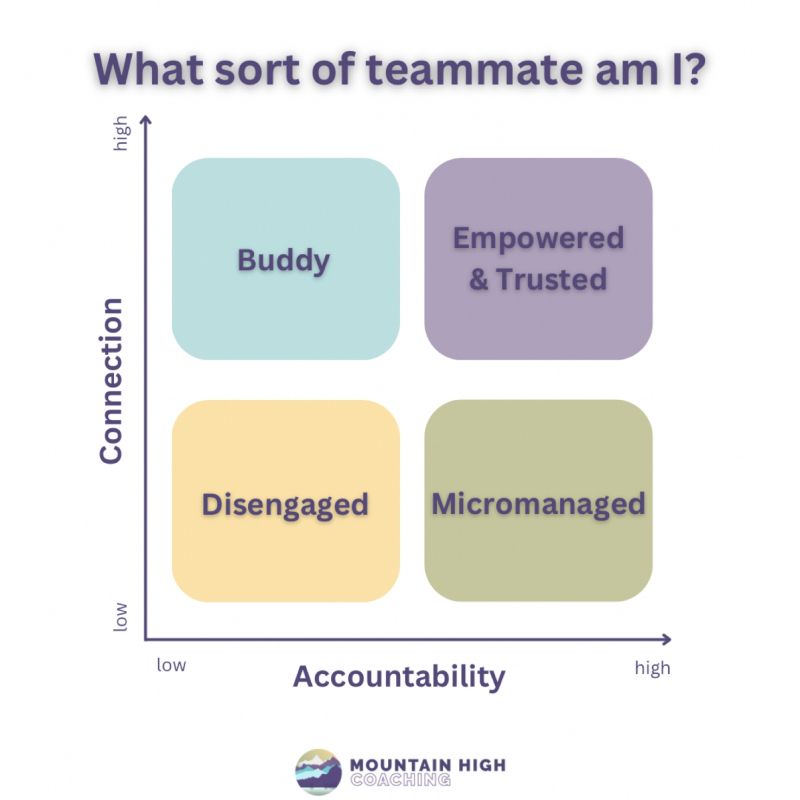When you think about learning, what comes to mind?
How you learn? What you learn? Where you learn? Academic or human skills?
From the day we’re born, we’re wired to learn. How to move, speak, play. And as little humans we ask ‘why?’ A lot.
It often seems to me that as we grow into adulthood, we lose some of the curiosity we had as a child.
We make assumptions.
We form opinions and mindsets that can be hard set.
We make judgements on partial information.
We judge ourselves based on the perceived expectations of parents, siblings, friends, or by society and institutions trying to shape how we think, behave and live our lives.
And because we are surrounded by so much ‘telling’ and expectation, resulting in appeasing and conforming, I think, to some extent, our curiosity recedes.
In many ways we stop learning.
And then we take all of this into the workplace with us.
We wait for our boss to tell us what to do, say and think. And to make decisions.
And our boss is waiting for their boss to do the same.
And so it goes on up the ranks.
If you don’t conform, you’re a disruption. In the negative sense.
In my experience, working in large organisations with an emphasis on hierarchy, control, permission seeking, and ‘telling’ is the perfect recipe for apathy, disengagement, high absenteeism, high presenteeism, and a drain on:
▫️motivation
▫️effort
▫️curiosity
▫️innovation
▫️creativity.
We keep hearing about The Great Resignation and studies on why people are leaving their jobs en masse. Findings from the Pew Research Centre include, amongst others:
▫️a lack of flexibility to choose where to work and when
▫️pay being too low
▫️a high number of job vacancies causing mass movement in the job market
▫️the hours were too long.
People are also leaving because of
▫️a lack of opportunities for advancement
▫️feeling disrespected and undervalued.
Ultimately, whether we’ve been part of the Great Resignation or not, every one of us wants to feel safe to ask questions, take risks, learn and grow, and know that there are stretching opportunities for us, so that we can contribute effectively and gradually make ourselves eligible and qualified for other (bigger?) opportunities.
We’re wired for learning throughout our lives, and so it’s not surprising that many feel frustrated when the work environment doesn’t create an encouraging and safe space for us to grow, thrive and perform at our best.
As Timothy R Clarke says, we should be creating environments where:
💡encouraging inquiry wins over ‘telling’
💡dissent is expected to draw out different opinions and ideas
💡mistakes and lessons learned are celebrated
💡people can get together from a place of curiosity and enthusiasm to collaborate and experiment.
And learn!
What sort of safe learning spaces are you creating for yourself and others to encourage curiosity?









